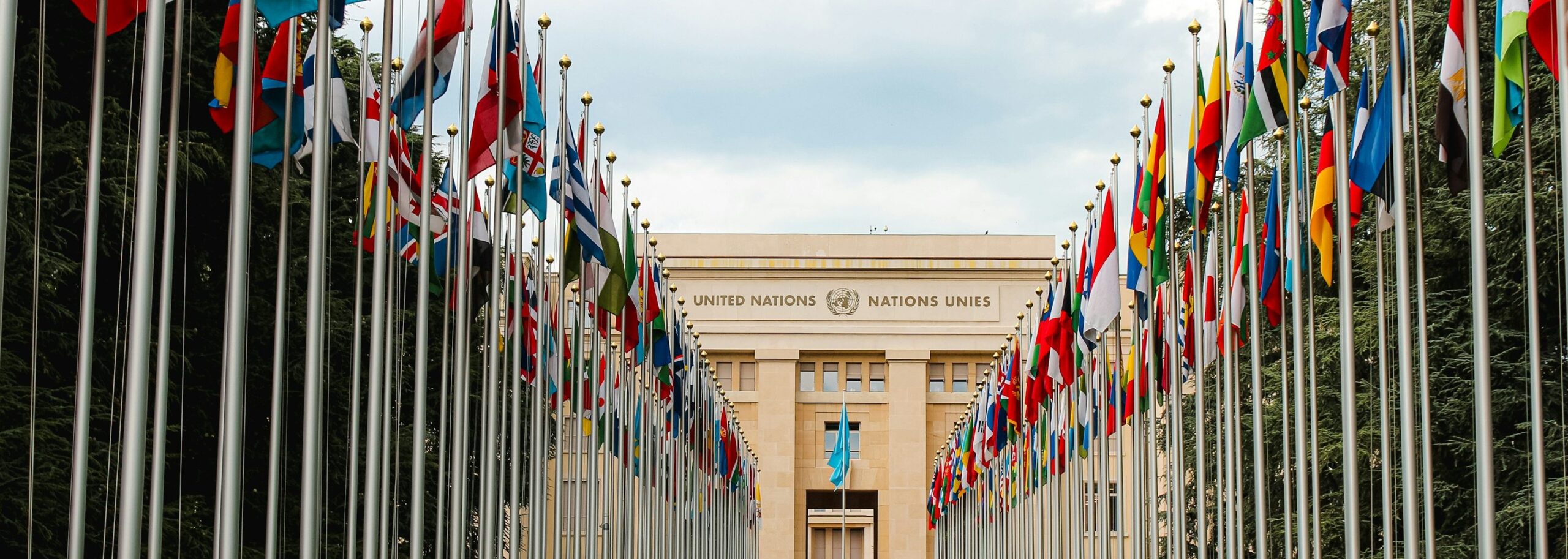
Colonisation Of Technology: 69th session of the UN Commission on the Status of Women
The great eras of colonisation were in the 15th and 16th centuries, and in many ways, the absence of modern technology or travel saved us from ourselves. Imagine what the world might be like today if our primitive forefathers had modern weapons of destruction and the means to travel and conquer at speed. At least in today’s world, with the rise of the “renaissance man”, economies are aligned more through trade agreements than through genocide, mass destruction, or the replacement of entire cultures.
Digital spaces and behaviour
Which begs the question, are the social media and the online communities of today run by a handful of major tech companies, the new colonisers of our time. And, if so, who exactly are they colonising? Is it normal for a 13-year-old girl to go online and engage in sexually explicit conversations with strangers? Is it normal for a teenage boy to create and distribute deepfakes of his female classmates? According to speakers at this year’s 69th Commission on the Status of Women (CSW69), this is the world environment we find ourselves in today. Yet, who do we hold accountable?
Beyond the individual perpetrators, hidden behind social media profiles and avatars, the companies responsible for these platforms are often out of reach. Without global laws that hold multinational technology companies accountable, we are left addressing the symptoms rather than preventing the problems.
How can we hope to achieve gender equality when online spaces, controlled by a few multinational companies, operate outside the legal frameworks of individual countries. If these spaces continue to dominate global communication, the path to gender equality becomes even more uncertain.
Colonisation of behaviour
Colonisation only takes place when a society’s cultural norms and laws are disregarded and replaced by foreign ones. This leads us to question: Is it normal in any modern society for 13-year-olds to participate in explicit online conversations or for young men to create deepfakes? Is this the behaviour we want to be embedded into the cultural fabric of future generations through digital interactions?
Insights from CSW69, offer sobering statistics:
- Women in countries with institutionalised gender bias tend to face online violence at higher rates (The Economist).
- 1 million women worldwide still lack access to the internet.
- In France alone, 35,000 ads promoting sexual violence and pornography are published online daily.
- Female victims of trafficking and abuse are more fearful of their abuse being filmed and shared online than of the abuse itself.
- 80% of women who are stalked or harassed online are reluctant to express themselves openly.
Returning to the concept of colonisation: if 80% of women who experience online abuse are hesitant to speak out, and 1 million women worldwide don’t have internet access, who is telling the stories. Do these narratives represent the full diversity of the female experience.
Female narratives as repositories for the future
Stories are fundamental to culture and communication. Long before language, humans found ways to share their experiences, through drawings on cave walls and sounds that echoed in underground chambers. As the Jordanian Women’s Union representative, a group representing an Arab regional network of feminist organisations, noted during an NGO briefing at CSW69, “Our voices are censored by Meta, on Facebook, on Instagram. What does it mean to have digital access if it is being censored through global capitalist systems?”
The journey to now
In 1995, female activists assisted in establishing the Beijing Declaration and Platform for Action. Since then, many strides have been made toward improving the status and rights of women. Yet, when the world is in conflict, the first rights to disappear are often those of women. As one participant in the “Digital Violence Against Women” virtual session said, “We are the repositories of our narratives, and we must ensure that we leave our daughters and granddaughters with a fairer, more inclusive future.” The stories being told, the voices being heard, and the cultures being shaped online need to reflect the diversity of human experience, particularly for women and girls. Our online spaces should serve to uplift, not undermine progress.
(Renae was a CSW69 digital participant and the opinions expressed in this article are her own.)


